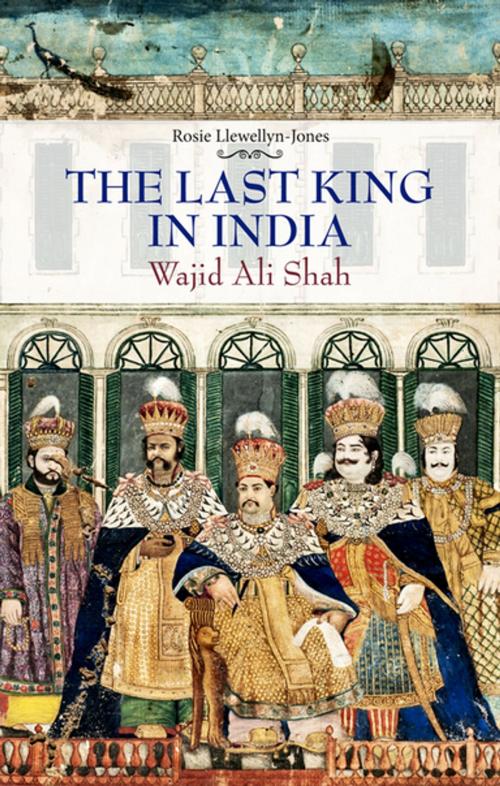| Author: | Rosie Llewellyn-Jones | ISBN: | 9781849045360 |
| Publisher: | Hurst | Publication: | January 9, 2014 |
| Imprint: | Hurst | Language: | English |
| Author: | Rosie Llewellyn-Jones |
| ISBN: | 9781849045360 |
| Publisher: | Hurst |
| Publication: | January 9, 2014 |
| Imprint: | Hurst |
| Language: | English |
The Last King in India is the story of an extraordinary man whose memory still divides opinion sharply today. Was he, as the British described him, a debauched ruler who spent his time with "fiddlers, eunuchs and women' instead of running the kingdom? Or, as most Indians believe, a gifted poet whose works are still quoted today, and who was robbed of his throne by the East India Company? Somewhere in between the two extremes lies a complex character: a man who married over 350 women, directed theatrical events lasting a month, and built a fairytale palace in Lucknow. Wajid Ali Shah was written out of the history books after his kingdom was annexed in 1856. Some even thought he had been killed during the mutiny the following year. But he lived on in Calcutta where he spent the last thirty years of his life trying to recreate his lost paradise. He remained a constant problem for the government of India, with his extravagance, his menagerie and his wives-in that order. For the first time his story is told here using original documents from Indian and British archives and meetings with his descendants.
The Last King in India is the story of an extraordinary man whose memory still divides opinion sharply today. Was he, as the British described him, a debauched ruler who spent his time with "fiddlers, eunuchs and women' instead of running the kingdom? Or, as most Indians believe, a gifted poet whose works are still quoted today, and who was robbed of his throne by the East India Company? Somewhere in between the two extremes lies a complex character: a man who married over 350 women, directed theatrical events lasting a month, and built a fairytale palace in Lucknow. Wajid Ali Shah was written out of the history books after his kingdom was annexed in 1856. Some even thought he had been killed during the mutiny the following year. But he lived on in Calcutta where he spent the last thirty years of his life trying to recreate his lost paradise. He remained a constant problem for the government of India, with his extravagance, his menagerie and his wives-in that order. For the first time his story is told here using original documents from Indian and British archives and meetings with his descendants.















